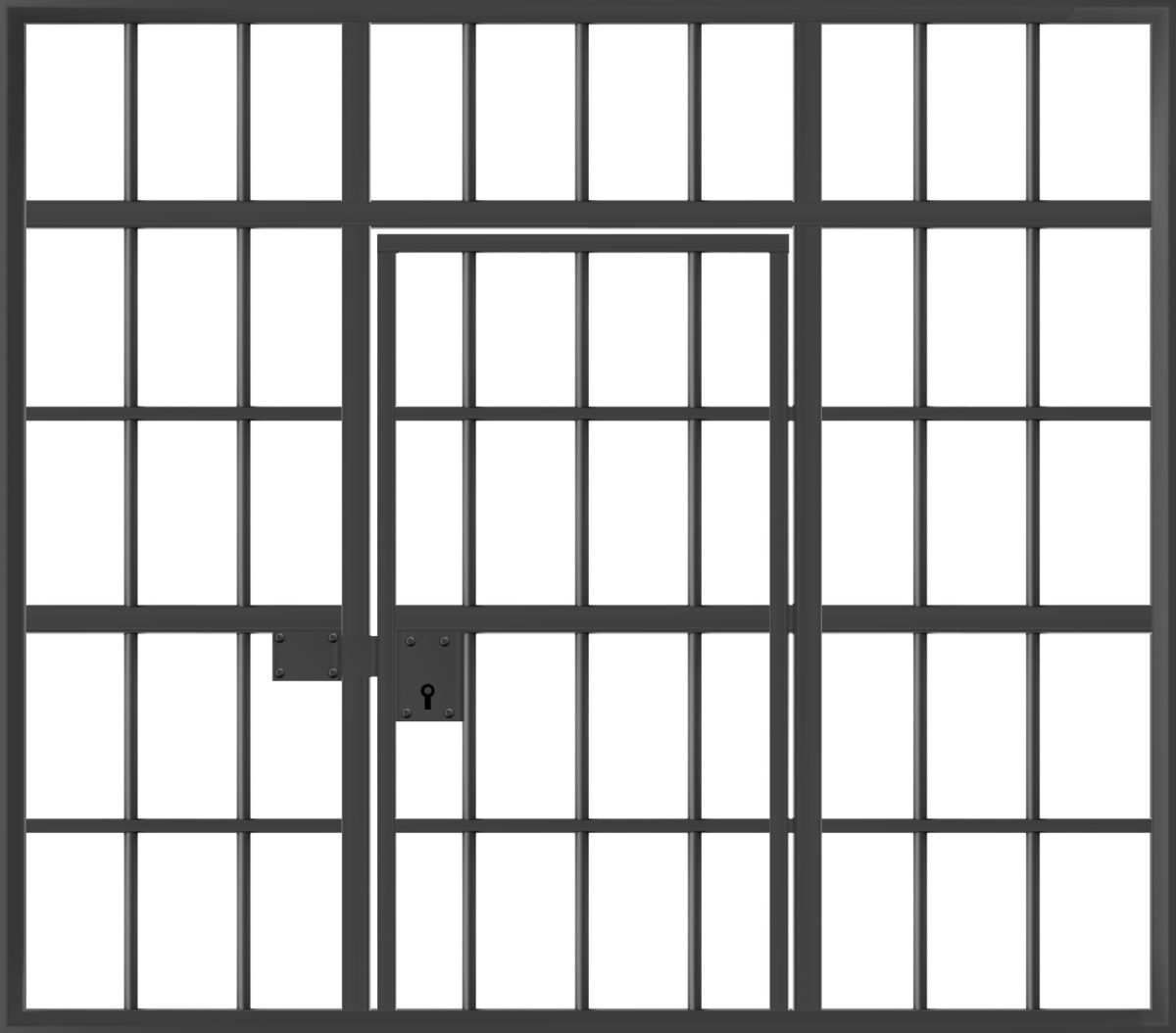In the current political climate our country is experiencing, it may seem difficult to avoid tensions when trying to freely discuss your ideas. At the beginning of this semester, I had a student sit next to me in one of my classes and they delivered an abrasive question, “So, are you a Republican or Democrat?” I found this question to be a very odd icebreaker as the student was trying to generalize my opinions based on my political party affiliation. Immediately before this individual wanted to discuss anything at all, they felt it was necessary to know my political identity. I didn’t answer this individual’s question, but instead I tried to engage in civil discourse. Situations like what I experienced are becoming an issue we need to address. The Oxford Dictionary defines identity politics as, “A tendency for people of a particular religion, race, social background, etc., to form exclusive political alliances, moving away from traditional broad-based party politics.”
Identity politics have now become a subculture of its own and has turned into a game of chess where the average American citizen is playing along, whether they know it or not. Essentially, it all comes down to who has more pieces, and who can speak the loudest. The more people begin to intensely identify with exclusive groups, the more tribalism drives us apart. However, does it make sense to play a social game that only encourages dispute and inevitably hate?
It appears that any reasoning behind resolving our differences has been replaced by simply casting shade on an idea that doesn’t fit our own personal views. I think it’s important to approach every conversation with someone who may have different views with an open mind. Instead of just waiting for our turn to regurgitate some political rhetoric that we viewed on the news or social media, we should listen as if they know something we do not. Especially in college, where differences of opinion are encouraged to be debated and civil discourse is held in the highest regard.
I want you to consider the consequences of blindly aligning with ideas without critically thinking them through. We all belong to the human race, and when we dissolve our identity to become a part of a complex social system filled with boxes to check, we essentially give up some of our freedoms to be accepted. Open expression of opinion is an essential freedom in our society, and identity politics is starting to remove this from the equation. It no longer becomes a question of whether or not you are an individual, but turns into a battle of general opinion where opposing views are shamed and cast away.
How have we become desensitized to empathy, and why do we ridicule differences of opinion in such a spiteful manner? Have we no respect for ourselves as individuals anymore, or are we so concerned with fitting in and being accepted that we’re willing to throw away how we truly feel? Negating this problem is everybody’s responsibility, and we should do our best to avoid the consequences that potentially lie at the end of the road we’re currently navigating. If we continue to limit the ideas of others and ignore the opinions of our peers, we are no better than the individuals actively pursuing malicious intent through political agendas. Is that a world you want to help build? I know I don’t.












